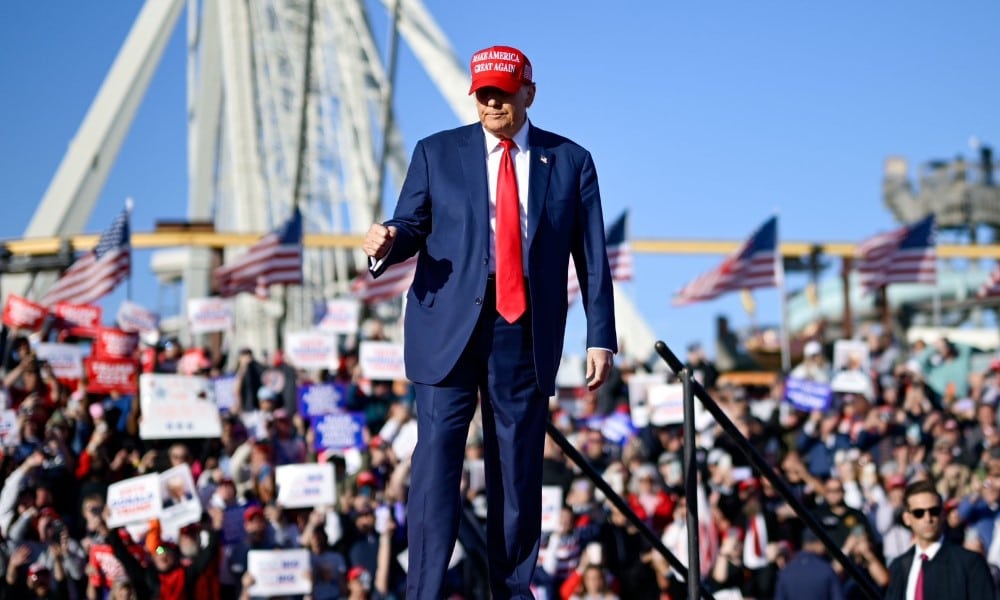US threatens tariffs and port levies to sink IMO green deal
US Pressures Allies Against Maritime Emission Deal

The United States is intensifying its diplomatic efforts to persuade both allies and rivals to reject a significant United Nations agreement aimed at reducing emissions from marine fuels. As reported by Reuters, Washington has issued stern warnings that nations supporting the International Maritime Organization’s (IMO) proposed framework could face retaliatory actions, including tariffs, port levies, and visa restrictions. This extraordinary intervention comes just weeks before a crucial vote on the framework scheduled for next month.
US Stance Sparks Global Tensions
The US government’s aggressive posture has put it at odds with the European Union and several Pacific and Asian nations that back the emissions deal. A spokesperson for the US State Department stated, “We are actively exploring and preparing to act on remedies including tariffs, visa restrictions, and/or port levies should this effort succeed.” This statement highlights the US commitment to safeguarding its economic interests and protecting its citizens from what it perceives as unfair international environmental agreements.
The proposed framework, which aims to achieve net-zero emissions from the shipping sector by 2050, has already garnered support from a majority of IMO member states. It seeks to implement stringent fuel standards and impose levies on ships that fail to meet specified emission targets. Proponents argue that these measures are essential to achieving climate goals, while US officials contend that the rules would disproportionately favor countries like China and adversely affect US industries, particularly in liquefied natural gas (LNG) and biofuels.
The US’s confrontational stance may jeopardize years of diplomatic negotiations regarding the shipping industry’s climate strategy. In a joint statement last month, key US officials, including Secretary of State Marco Rubio and Commerce Secretary Howard Lutnick, emphasized that President Donald Trump would reject any international agreement that “unduly or unfairly burdens the United States.” This strong rhetoric has raised concerns about the future of the IMO’s net-zero framework.
Implications for Global Shipping and Environmental Goals
The upcoming October decision will require a two-thirds majority from the 176 ratified IMO members if consensus cannot be reached. The IMO rarely resorts to voting, but increasing polarization among member states suggests a formal ballot is becoming more likely. Environmental NGOs have criticized the US’s position, warning that any delay in regulating marine fuel emissions could undermine the shipping sector’s ability to meet global climate targets.
A spokesperson for the IMO remarked, “The upcoming MEPC session in October provides the appropriate platform to address any concerns from member states ahead of the adoption process.” The implications of the US’s stance extend beyond negotiations, as shipowners are now faced with uncertainty that complicates fuel investment decisions. The brokerage firm SSY noted that dry bulk ordering is stagnating due to a lack of clear, stable regulations, leaving owners uncertain whether to invest in LNG, ammonia, or methanol.
while the US threatens to disrupt the proposed emissions framework, stakeholders in the shipping industry are left grappling with the potential impact on future compliance and investment strategies. The upcoming MEPC session will be critical in determining the path forward for international maritime emission regulations.
